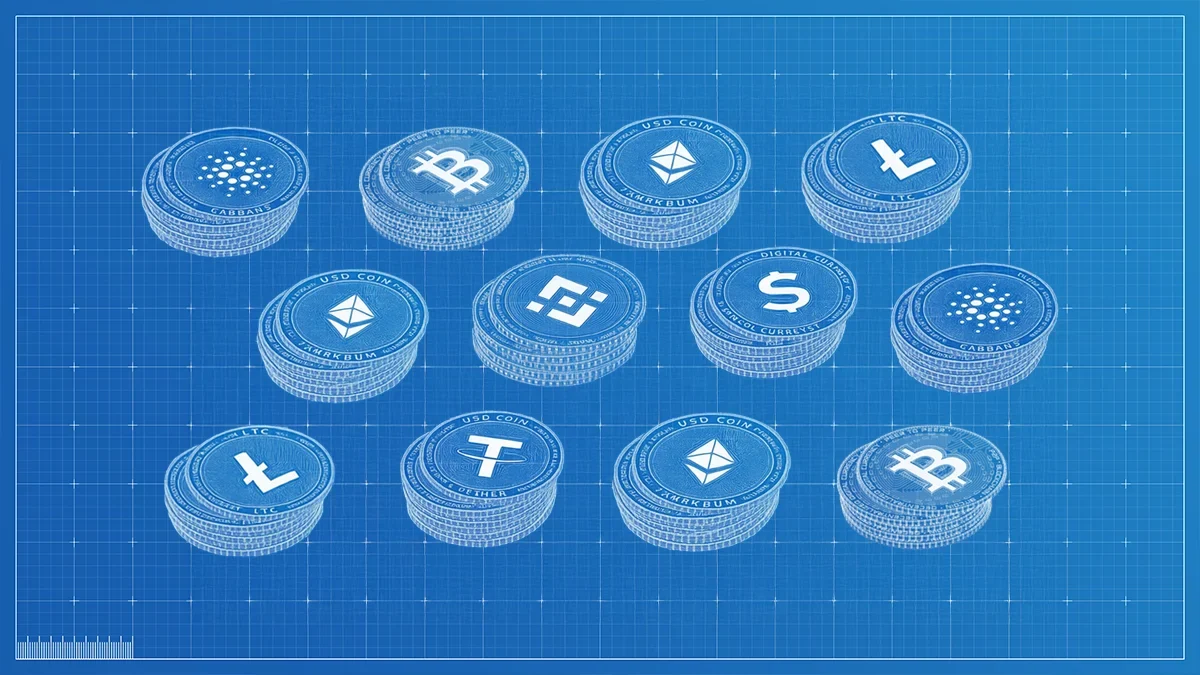• At Insurtech Insights Asia, experts emphasised importance of choosing the right customer journey stage for AI applications.
• But real value lies in data, as it will become like “oil in the new age.”
• AI can be used to add value prior to start of insurance journey.
• Advances in AI advertising also offer dynamic, personalised content across various touchpoints.
• A shift from ‘human to human’ interactions to ‘human to digital’ could be coming.
Various discussions on the second day of Insurtech Insights Asia 2023 stressed the importance of strategically implementing AI within the insurance value chain. However, the implementation of AI was viewed as part of the equation, as data becomes as valuable “as oil in the new age.”
“What really sets companies apart is not whether you have this AI model,” said Enoch Chan, a partner at McKinsey. “How you organise data, harness the insights from the data and bring in third-party data partners to get involved in your data ecosystem to enrich your data is really going to be important.”
Insurers can use data differently than bankers and provide big value back to the customer at various stages, said Balaji Bhakthavatchalam, account general manager for Strategic Insurance at DXC Technology.
“There’s a lot of data they can mine and they can learn, but for some reason that doesn’t seem to be happening,” he said. “When you buy a policy, do you keep in touch with your insurance company? It’s not like a banking scenario where you keep in touch every now and then.”
“The mindset has to change, and the data is going to be very, very critical,” Bhakthavatchalam added. “Based on what is happening in your life, (insurers) should be able to cross-sell things to you… that’s the level of touch we should be having.”
‘Which part of the customer journey?’
Many AI use cases when it comes to customer service are either trying to manage the expectations of the customer or remove friction and simplifying processes to save time.
“Before we dive straight into AI, it is very important to think about which part of that customer journey we are focusing on,” said Saron Leung, Industry Head, FinTech & Financial Services at Google, on the second day of Insurtech Insights Asia 2023.
Leung believes it is a good point to use AI to add value before customers start their journey with an insurer, which can be a long process and more emotionally involved.
Data and analysis showed that consumers are getting more in-depth in their research, Leung said, and they are exploring widely and asking specific inquiries and questions.
70% of consumers choose a multi-channel experience, said McKinsey’s Chan. “You don’t close an insurance (deal) in the first meeting,” he added. “In between there are always opportunities for you to actually influence the consumer, and I think the insurance agents and the insurance distributors of the future, we really need to think about what their role will be.”
There are a lot of things that can be done by AI in the future, Chan said, a view that Google’s Leung also had. Generative AI can come into play in a self-directed channel, where consumers do their own research.
“You need to think how you create different types of content format and different product messaging in real-time,” Leung said, adding that insurers would lose consumers if they do not produce content native to what consumers usually use.
This is a view echoed by Paul Chong, co-founder and corporate director Panmeta, a tech company. A lot of AI-powered advertising services have been more dynamic, said Leung, to ensure the right content is served at different touch points.
A shift in agent model?
In Asia, the agent model is particularly strong and Chong said consumers hire insurance agents because they have an asymmetric view of the cost of acquisition.
Gen AI can benefit agents by helping them to summarise information about different clients at speed and deliver useful messages back to the consumers, according to Leung, but he warned the agent model could be set to see a big shift.
“I do think that AI, in general, helps add value and relevancy during [the] pre-stage. and I think that makes us especially significant, as it is trying to change the way people feel about insurance. It is about these value adds and emotional connection that will make a significant difference.”
“There are companies now making, you know, AI avatars that are on Instagram, they’re making US$10,000 a month or more,” he said, adding the cost structure with an agent can get eliminated with a digital persona that can have a mass audience.
Chong believes that insurers need to acquire data from human interactions while it’s cheap, and understand how the digital transition will go from ‘human to human’ to ‘human to digital’.
“Do we create an AI agent that can talk, communicate at high speed, high frequency, high interoperability? There’s a lot of change coming. It depends on where you want to go,” Chong said.























